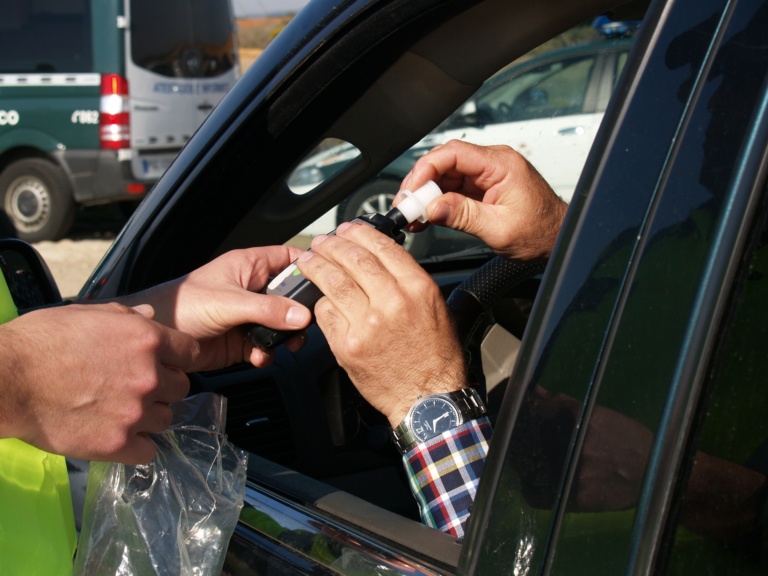A breathalyzer test gives law enforcement officers a quick and easy way to determine if someone has had too much to drink. Breath tests to determine sobriety are a common occurrence, but their results are not always accurate. For this and many other reasons, drivers may consider refusing a breathalyzer test. However, refusing a breathalyzer test may not always feel like the safest option, especially if you don’t know what happens next.

Refusing A Breathalyzer Test
Examine what it means to refuse a breath test in terms of how the legal system moves forward with a case and what is your best defense.
Should I Refuse a Breathalyzer Test?
Defendants accused of drunk driving can refuse a breathalyzer test, but there will be consequences. In Washington state, the rules are clear. If you are pulled over and the officer believes you were driving under the influence of alcohol, the officer has a legal right to administer a breath test in the field. However, the officer must spell out your rights before doing so.
If you refuse a breath test, the state automatically revokes your license for one year. The refusal to take the test can and will be used against you in a court of law following your arrest for DUI. If the driver submits to the test, the officer can still arrest the driver for DUI if the motorist’s blood-alcohol content is higher than 0.08.
Implications
In the Supreme Court ruling for Birchfield v. North Dakota from 2016, justices ruled 7-1 in favor that officers at the scene do not need an additional warrant to administer breathalyzer tests. Defendants may refuse a blood test however, as the court ruled that a blood sample is more invasive than a breath test. The justices affirmed that states have a right to punish defendants for refusing to take a breathalyzer test. In all 50 states, including Washington, the legal system automatically revokes your driver’s license if you refuse a breath test.
What Else May Happen?
Law enforcement must administer a breath test within two hours of the driver driving under the influence. Blood tests only happen if you are unconscious, under the care of a medical facility, or if the arresting officers suspect you of being under the influence of drugs.
Repercussions
The first time you refuse a breath test, Washington revokes your license for one year. If you do this a second time, Washington revokes your license for two years.
If you refuse a breath test, you could still face a DUI conviction. You still have legal rights and don’t automatically face a conviction of DUI charges just because the breath test comes back at 0.08 or higher. However, you face additional penalties beyond those of just a DUI if you refuse a breath test. Prosecutors may use your refusal of a breathalyzer test to imply that you already knew you were guilty of a DUI. Therefore, the court could be influenced to rule that you are in fact, guilty.
If you submit to a breathalyzer test and the court convicts you of a DUI, the court suspends your license for just 90 days if you didn’t injure anyone in an accident. If you refuse a breath test, your license stays revoked for a full year rather than just three months. Even if you agree to a breath test, a court could still find you not guilty of a DUI. Consequently, it might benefit you take a breath test rather than refuse one.
Seek Help
If you find yourself facing a DUI conviction in court, don’t stand before a judge alone. Have the experts of Leyba Defense on your side – we’re here to provide a serious defense for serious charges. We can guide you through every step of your defense and will provide resources for your questions. We offer a free initial consultation, and once you hire use we conduct a thorough investigation of what happened in your DUI case.
You may not realize what you’re up against as you navigate the legal system, and have a lot to lose if you don’t know what to do. We will help get your life back on track with a dedicated defense team that has your back. Contact us today to see how we can help.
